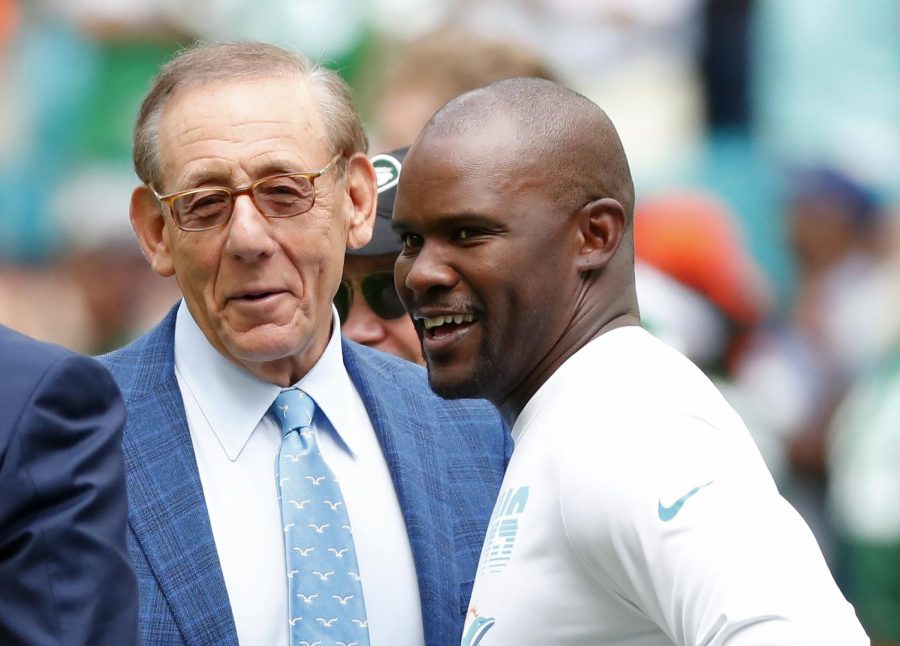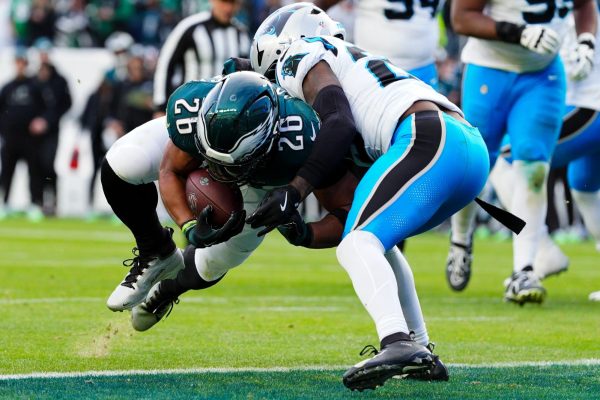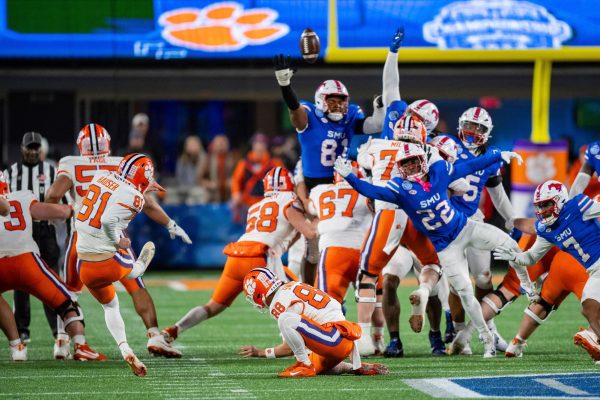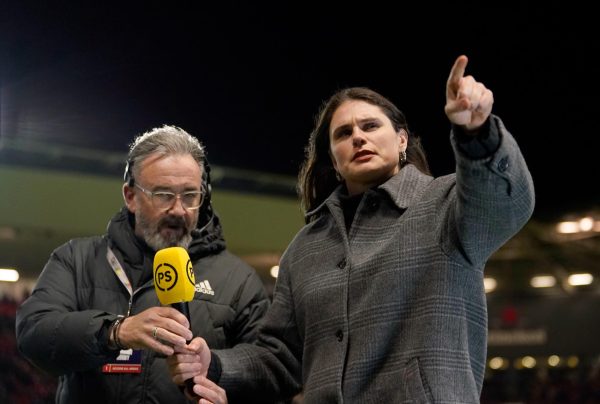Brian Flores Lawsuit Questions NFL Hiring Process
While the Cincinnati Bengals and Los Angeles Rams prepare for the Super Bowl on Feb. 13 at SoFi Stadium, other front offices around the league are tasked with restructuring their coaching staff following disappointing seasons. For the Miami Dolphins, a 9-8 record in 2021 secured the first back-to-back winning season for the organization since 2003. However on Jan. 10, Dolphins owner Stephen Ross fired head coach Brian Flores. Ross felt uncertain about the team’s progress in the 2021 season under Flores’ lead. Just over three weeks later, Flores filed a class action lawsuit against the National Football League (NFL), Miami Dolphins, Denver Broncos, and New York Giants, creating widespread discussion on diversity and inclusion in the NFL.
In a league consisting of nearly 70% minority athletes, Mike Tomlin of the Pittsburgh Steelers, whose streak of fifteen straight winning seasons continued in 2021, is the only active African American head coach. While it is simple to observe this imbalance, the underlying causes of coaching search biases and a lack of second chances for minority coaches are more complex. Before discussing the intricacies of Flores’ lawsuit, which he personally acknowledged to have the potential to derail his future career ambitions, it is critical to understand the role of the Rooney Rule in the NFL hiring process.
Named after Dan Rooney, the former President and Chairman of the Pittsburgh Steelers and a Class of 2000 Hall of Fame Inductee, the Rooney Rule attempts to promote diversity in coaching and front office hiring processes. Initially in 2000, the rule stipulated that one or more minority candidates were required to be interviewed prior to choosing a new coach. By 2021, the NFL approved changes to the rule to require two external minority candidate interviews for head coaching positions, one minority candidate for coordinator positions, and the creation of compensatory third round draft picks given to a team that loses a minority candidate to the hiring process. For example, when the Miami Dolphins hired Mike McDaniel on Feb. 6, the San Francisco 49ers received two compensatory third round picks for their role in developing a minority head coach.
After filing the lawsuit citing racial discrimination in the NFL hiring process, Flores re-opened a national discussion on inclusion, winning and bias in professional sports. In connection to his most recent team, the Miami Dolphins, Flores asserted that owner Stephen Ross offered to pay him $100,000 for each loss during the season to secure a higher future draft pick. Former Cleveland Browns head coach Hue Jackson, who compiled a record of 3-36-1 in his tenure, publicly expressed his support for Flores and shed light on his own experiences dealing with a front office that intended and prepared to lose by limiting resources and promoting high draft selections.
Further, Flores cites the usage of unprofessional and biased hiring practices by the Denver Broncos and New York Giants that subvert the power of the Rooney Rule. When the New York Giants fired head coach Joe Judge, Flores was selected as a candidate in the interview process for the open role. Prior to his interview, Flores received a text message from New England Patriots coach, Bill Belichick, who offered his congratulations for receiving the role. With this text intended for another Brian (Brian Daboll of the Buffalo Bills), Belichick unveiled the finalized head coaching decision prior to Flores’ interview. Although the Giants have publicly denied wrongdoing in their hiring process, Belichick’s exposure of the Flores’ interview as a formality satisfying the Rooney Rule prior to hiring a white coach.
Flores goes on to describe a similar situation with the Denver Broncos in which the organization utilized his interview to cooperate with the Rooney Rule and allow for the hiring of Vic Fangio. According to the lawsuit, Broncos executives showed up late, hungover, and lacked the preparation required for a professional meeting. While Flores only describes three specific organizations in his lawsuit, it is difficult to believe as a fan that the NFL hiring process is comprehensive and just, as successful African-American coordinators continue to be passed over for less qualified candidates.
By filing a lawsuit against the NFL, Dolphins, Giants and Broncos, Flores risks his future coaching career to confront the racial injustices present in American football. Even in the span of one week, discussion on the Rooney Rule, measures to incentivize the hiring and retention of minority coaches and the idea that members of the NFL front offices may be paying coaches to lose has saturated sports media. Only time will tell whether racial discrimination in hiring can be confronted quickly by the NFL.

Drew Fischer is a senior from New Albany, OH concentrating in mathematical economics and minoring in political science and Spanish. He has previously served...






